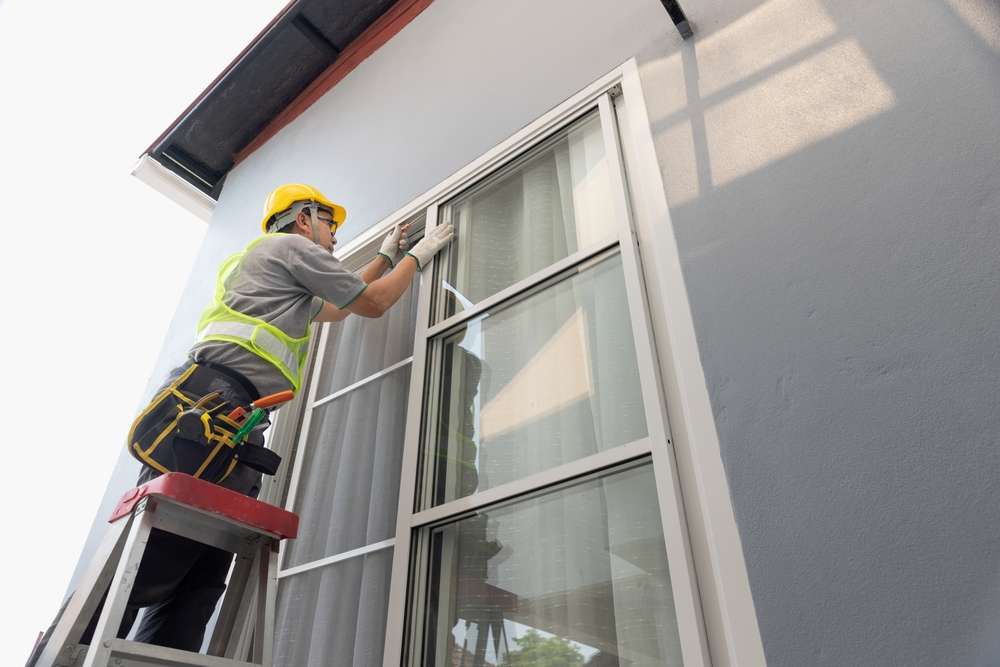Concrete Crack Repair: Essential Guide for Homeowners and Contractors
Concrete cracks are a common issue that can affect the structural integrity and appearance of buildings and surfaces. Whether you're a homeowner or a professional contractor, understanding the ins and outs of concrete crack repair is crucial for maintaining the longevity and safety of concrete structures. This comprehensive guide will explore the causes, types, and effective repair methods for concrete cracks, providing valuable insights for both DIY enthusiasts and professional concrete contractors.

What causes cracks in concrete structures?
Concrete cracks can occur due to various factors, including shrinkage during the curing process, temperature fluctuations, excessive loading, and settlement of the underlying soil. Other common causes include freeze-thaw cycles, corrosion of reinforcing steel, and poor mix design or placement techniques. Understanding these root causes is essential for determining the appropriate repair method and preventing future cracking.
How can you identify different types of concrete cracks?
Identifying the type of crack is crucial for determining the best repair approach. Hairline cracks are typically superficial and may not require immediate attention. Structural cracks, on the other hand, can compromise the integrity of the concrete and need prompt repair. Look for patterns such as spider web cracks, which often indicate surface shrinkage, or parallel cracks that may suggest deeper structural issues. The width, depth, and direction of the crack can provide valuable clues about its cause and severity.
What are the most effective concrete crack repair methods?
The choice of repair method depends on the type and severity of the crack. For hairline cracks, epoxy injection is often an effective solution. This method involves injecting a low-viscosity epoxy into the crack, which fills and seals it upon curing. For wider cracks, routing and sealing with a flexible sealant can provide a durable repair. In cases of more severe damage, concrete patching or even full replacement may be necessary. It’s essential to choose a repair method that not only fills the crack but also addresses the underlying cause to prevent recurrence.
When should you hire professional concrete contractors?
While minor cracks can often be repaired as a DIY project, more significant issues typically require the expertise of professional concrete contractors. Consider hiring a professional if the crack is wider than 1/4 inch, appears to be growing, or is accompanied by other signs of structural damage. Professionals have access to specialized equipment and materials that can ensure a more effective and long-lasting repair. Additionally, they can assess the underlying causes of the cracking and recommend preventative measures to avoid future issues.
What are some innovative concrete crack repair techniques?
The field of concrete repair is constantly evolving, with new techniques and materials being developed to improve efficiency and durability. One innovative approach is the use of carbon fiber reinforced polymer (CFRP) for structural strengthening. This lightweight material can be applied to cracked concrete to increase its load-bearing capacity and prevent further damage. Another emerging technique is the use of self-healing concrete, which incorporates special bacteria or polymers that activate and fill cracks when they appear, potentially reducing the need for manual repairs in the future.
How much does professional concrete crack repair typically cost?
The cost of professional concrete crack repair can vary significantly depending on the extent of the damage, the chosen repair method, and your location. For minor cracks, epoxy injection might cost between $300 to $500 per crack. More extensive repairs, such as structural crack fixing or slab lifting, can range from $800 to $2,500 or more. For large-scale projects or severe damage, costs can exceed $10,000.
Here’s a comparison of typical repair costs for different methods:
| Repair Method | Average Cost Range | Typical Application |
|---|---|---|
| Epoxy Injection | $300 - $500 per crack | Hairline to narrow cracks |
| Routing and Sealing | $500 - $800 per crack | Wider surface cracks |
| Concrete Patching | $800 - $1,500 per area | Small to medium damaged areas |
| Slab Jacking | $1,500 - $3,000 | Sunken concrete slabs |
| Structural Repair | $2,000 - $10,000+ | Major structural cracks |
Prices, rates, or cost estimates mentioned in this article are based on the latest available information but may change over time. Independent research is advised before making financial decisions.
When seeking concrete repair services, it’s advisable to obtain quotes from multiple uk concrete contractors or concrete contractors nearby to ensure you’re getting a fair price for the work required. Remember that while cost is an important factor, the quality of workmanship and materials used should also be considered to ensure a lasting repair.
In conclusion, understanding concrete crack repair is essential for maintaining the integrity and appearance of concrete structures. By recognizing the causes and types of cracks, choosing appropriate repair methods, and knowing when to seek professional help, you can effectively address concrete damage and extend the life of your concrete surfaces. Whether you’re tackling a DIY project or hiring a professional, this guide provides a solid foundation for making informed decisions about concrete crack repair.




